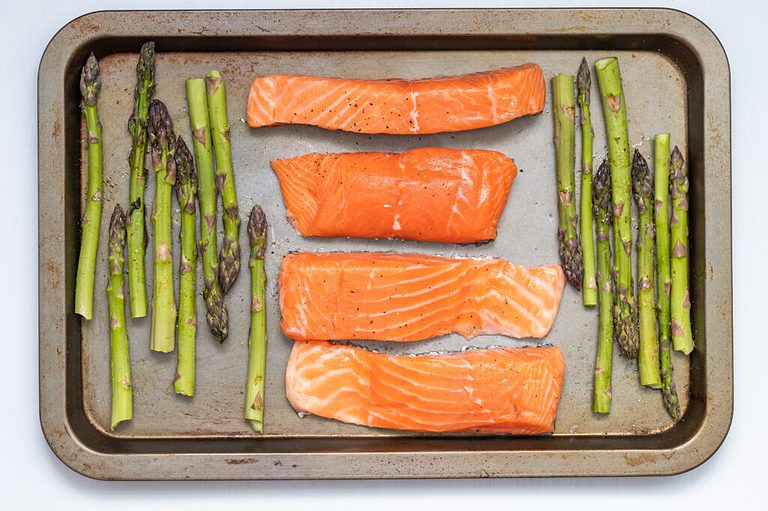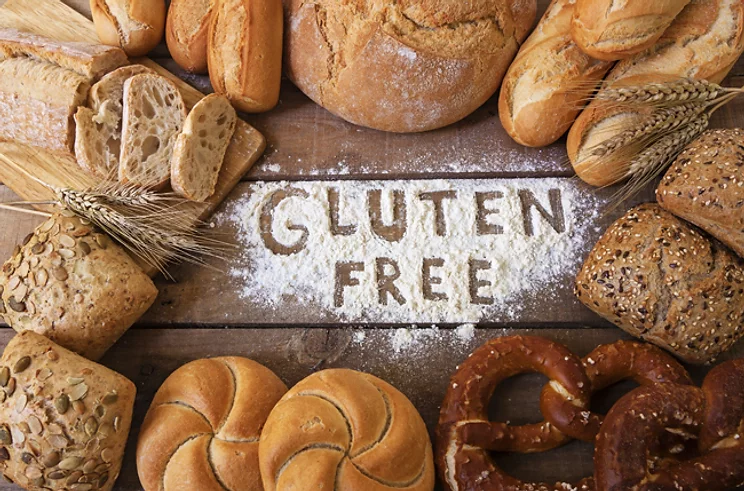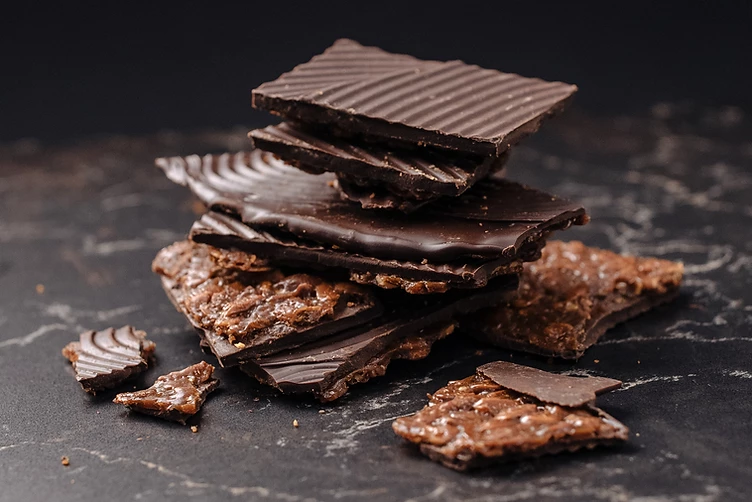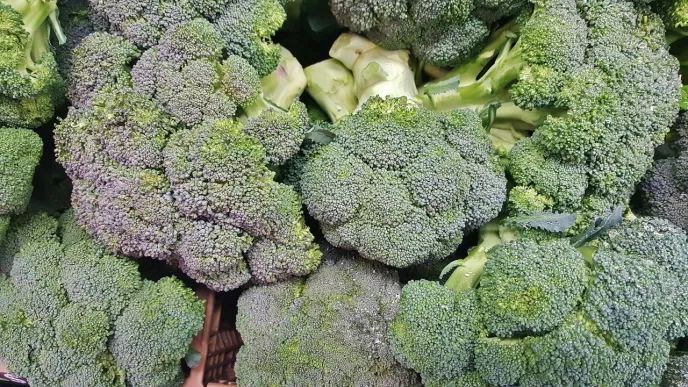This post is part two of the pre-conception nutrition series if you have not read about why pre-conception matters, go back and read it here.
Nutrient deficiencies are common (but totally treatable!) and are typically due to a poorly planned diet This can mean that you and your partner are low in some very important nutrients required, not only for your own optimal health but also for your future baby’s growth and development.
Being behind the eight-ball when it comes to your nutritional status in pre-conception can make it challenging to catch-up if you do fall pregnant, and meet the increased demands and it may be impacting your chances of conception too.
1 in 6 couples struggling to conceive in Australia.
Inadequate nutrition can impact a newborn’s birth weight, where both lower and higher than average birth weights are associated with later disease risk (Davies et al., 2016). It can also affect the development of the placenta and blood supply to the foetus, brain and spinal cord development, and could potentially increase the chance of miscarriage. We previously talked about why pre-conception nutrition matters for your baby (and possibly, your baby’s baby), so in this post, we will get into what nutrients (and where to find them) you should focus on in the 3-12 months leading up to conception.
So let’s get into some of the most important nutrients to focus on during the pre-conception period as a woman:
Folate
We love to talk about folate, as it is essential to promote healthy development of your baby’s neural tube (brain and spinal cord) which starts to form often before you even get a positive pregnancy test! Folate can be found in lentils, legume beans, green leafy vegetables (the darker, the better!), avocados and oranges. Being low in folate is quite common in women, so taking prenatal supplements that include folate at least 3 months (ideally 6 months) prior to conception, can help reach adequate stores in the body to avoid neural tube defects like spina bifida in your baby.
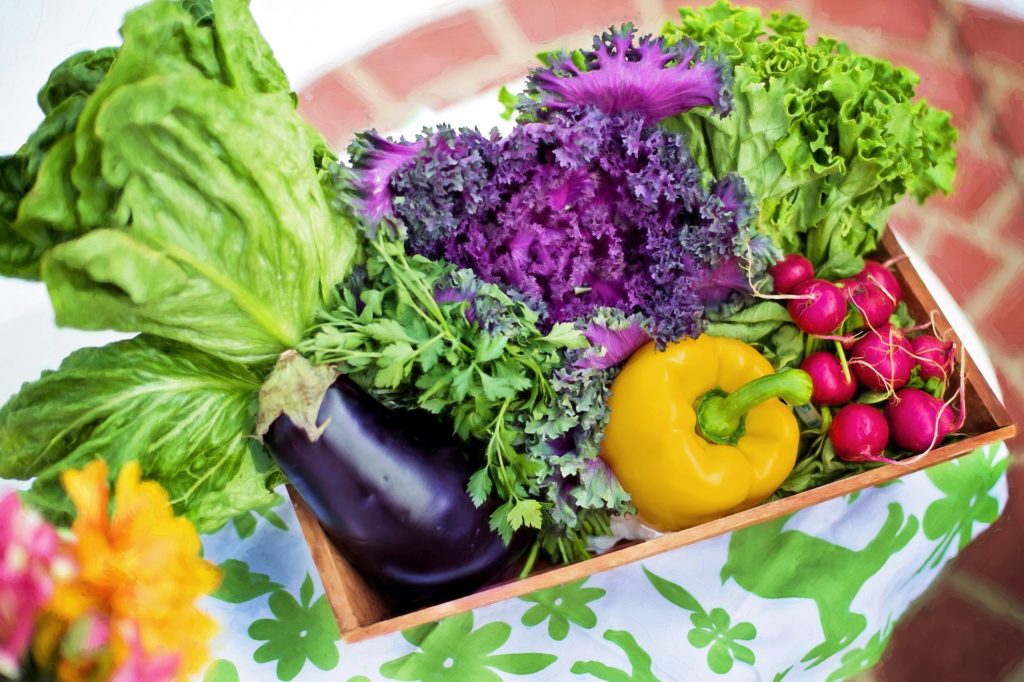
It is so important, that most Australian bread and bread flours are mandatorily fortified with folic acid to help boost the folic acid status of women to help ensure that they are covered if they do become unexpectedly pregnant.
Want to know more about the difference between folic acid and folate? Read more on my blog on MTHFR gene mutations and nutrition here.
Iodine
Iodine is an essential mineral that is important for a healthy thyroid and thyroid hormone production. These thyroid hormones are needed for normal growth and development of tissues in your body. If iodine levels are low during early pregnancy, then this can affect baby with growth and developmental abnormalities.
Oysters, sushi with seaweed, tinned salmon and bread made with iodised salt are iodine-containing foods to include prior to conception. Supplementation is also required and should be discussed with your GP and dietitian, check your prenatal supplement has got you covered and get some tips on how to choose a good one here.

If you’re not on top of your supplementation pre-pregnancy, you are covered by mandatorily fortified iodised salt that is used in most Australian breads.
Zinc
Zinc is an essential trace element important for rapid cell division and growth during pregnancy. Your zinc demands increase during pregnancy and lactation, which makes it only harder if you are low in zinc prior to conception, to meet the requirements to adequately support the rapid growth your baby is doing in your tummy (Rahooni et al., 2013).
Zinc can be found in a variety of food items such as oysters, beef, chicken, eggs, fish, milk, cheese, cashews, legumes such as chickpeas, and seeds!
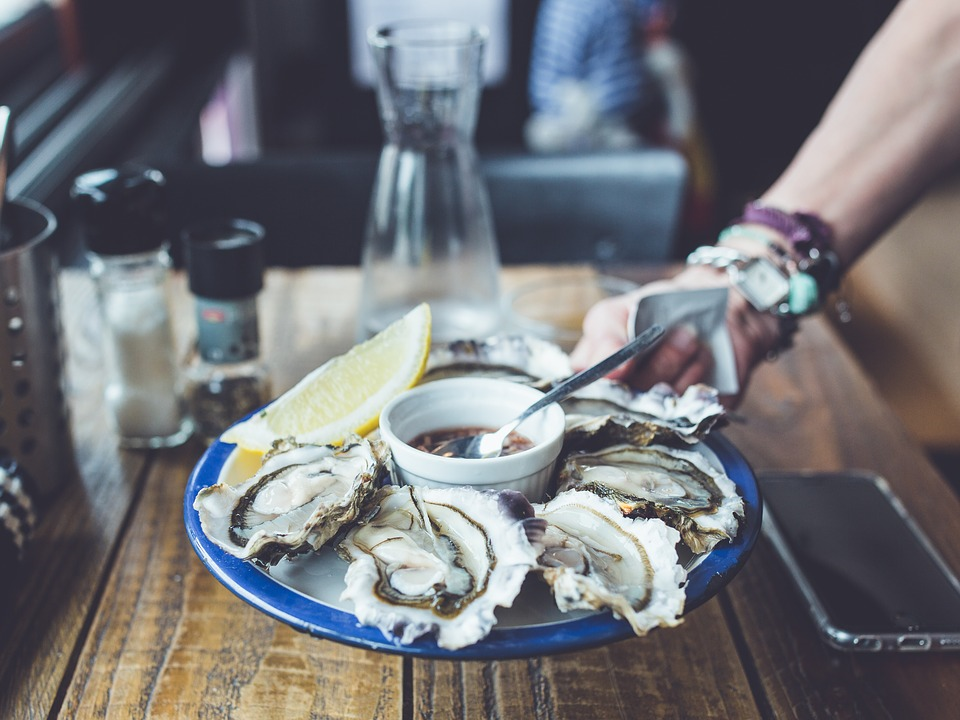
Vitamin D
Given the rundown on the role of vitamin D in last week’s post on the prevention of allergies and eczema, there is no question that vitamin D is an important nutrient to get on sooner rather than later.
There is also some indication that your vitamin D status can influence the development of Type 1 Diabetes Mellitus (T1DM), an autoimmune condition, in your baby after birth. T1DM is where the body does not produce enough, or no insulin to take the sugars from the bloodstream into the cells of the body to use for energy. Studies show a rich vitamin D intake leading up to, and during pregnancy, can reduce the risk of your baby developing T1DM later in life. (Alfonso et al, 2009)
Emerging evidence suggests it may play a role in hormonal balance, ovulation, egg development, and embryo quality, more so if you are deficient than anything else. Check your Vitamin D status with your GP and load up on fortified eggs, salmon and tuna (and most importantly some sunshine) in the meantime.
Getting enough healthy fats alongside vitamin D is important to help your body absorb this important nutrient, so check you are getting some extra virgin olive oil, avocado, oily fish, nuts & seeds each day.
Vitamin B12
This water-soluble vitamin plays a role in brain and nervous system function. If deficient in Vitamin B12 you may have difficulty falling pregnant, as inadequate levels can cause changes in the blood that affect egg development and ovulatory function.

You can find B12 in any animal-based foods such as meat, poultry, fish, eggs and milk, as well as fortified milk alternatives like soy milk. For those women who follow a vegan diet – supplementation is necessary as there are no plant-based sources of B12, so it is best to speak to your GP to check your current levels and a dietitian for the best supplement regime.
Iron
I have talked about how important iron is for women, especially those trying to conceive before. Research looking at 92 studies assessing the relationship between maternal iron anaemia and pregnancy outcomes found that a woman’s daily prenatal intake of iron improves the birth weight of your baby.
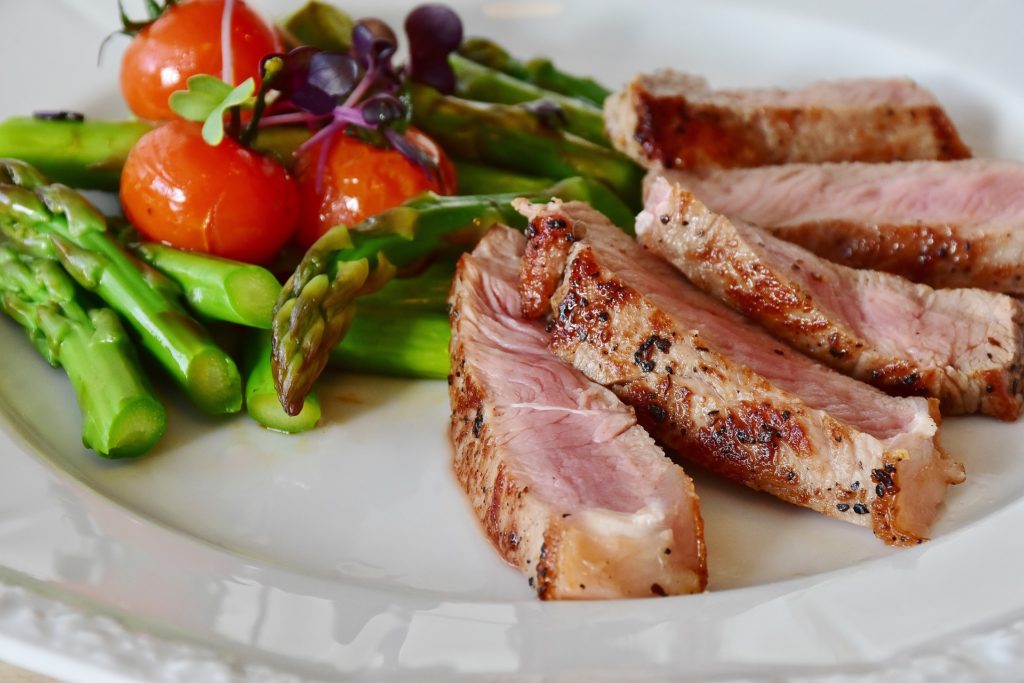
Avoiding iron deficiency before becoming pregnant can make it easier to maintain iron stores, especially when you reach your 3rd trimester where your iron needs increase by almost double (from 18 mg per day to 27 mg per day). These iron stores will be used to produce more blood, which will be provided to your growing bub.
Omega-3s
Omega-3, especially the docosahexaenoic acid (DHA) type is essential for your baby’s brain and eye development. With research to suggest it is beneficial for enhancing female fertility (Gaskins & Chavarro, 2017), think of fish for the best source of omega-3 fatty acids. Oily fish like salmon, sardines, mackerel, tuna or trout are excellent sources and should be included at least twice a week in a pre-conception diet. Research has shown that couples that consume seafood at least 8 times per cycle (roughly twice a week) had a shorter time to conception than those that consumed less (Gaskins et al., 2018).
For those of you following a vegetarian or vegan diet, or simply choose not to eat fish, include chia seeds, flaxseeds, hemp seeds or walnuts each day for the plant-based version of DHA.

You can read more on the different types of Omega-3s in a previous blog post here!
Given the various factors of how we as women can influence our child’s (and possibly grandchild’s) future health, ensuring adequate nutrition whilst they are a twinkle in their parents’ eyes is vital to ensure you start your growing family with healthy habits early.
Are you and your partner planning to conceive in the next 6-12 months? This is the perfect time to be thinking about your diet, lifestyle and environment as a couple and (in my humble opinion), is the very best time to invest in seeing a dietitian for expert advice and make sure you are both in the best condition to grow your family.
This blog was co-written by Bianca Trajcevski a final-year Master of Dietetics student from Deakin University. You can find her on Instagram @bianca.traj or connect on LinkedIn.


